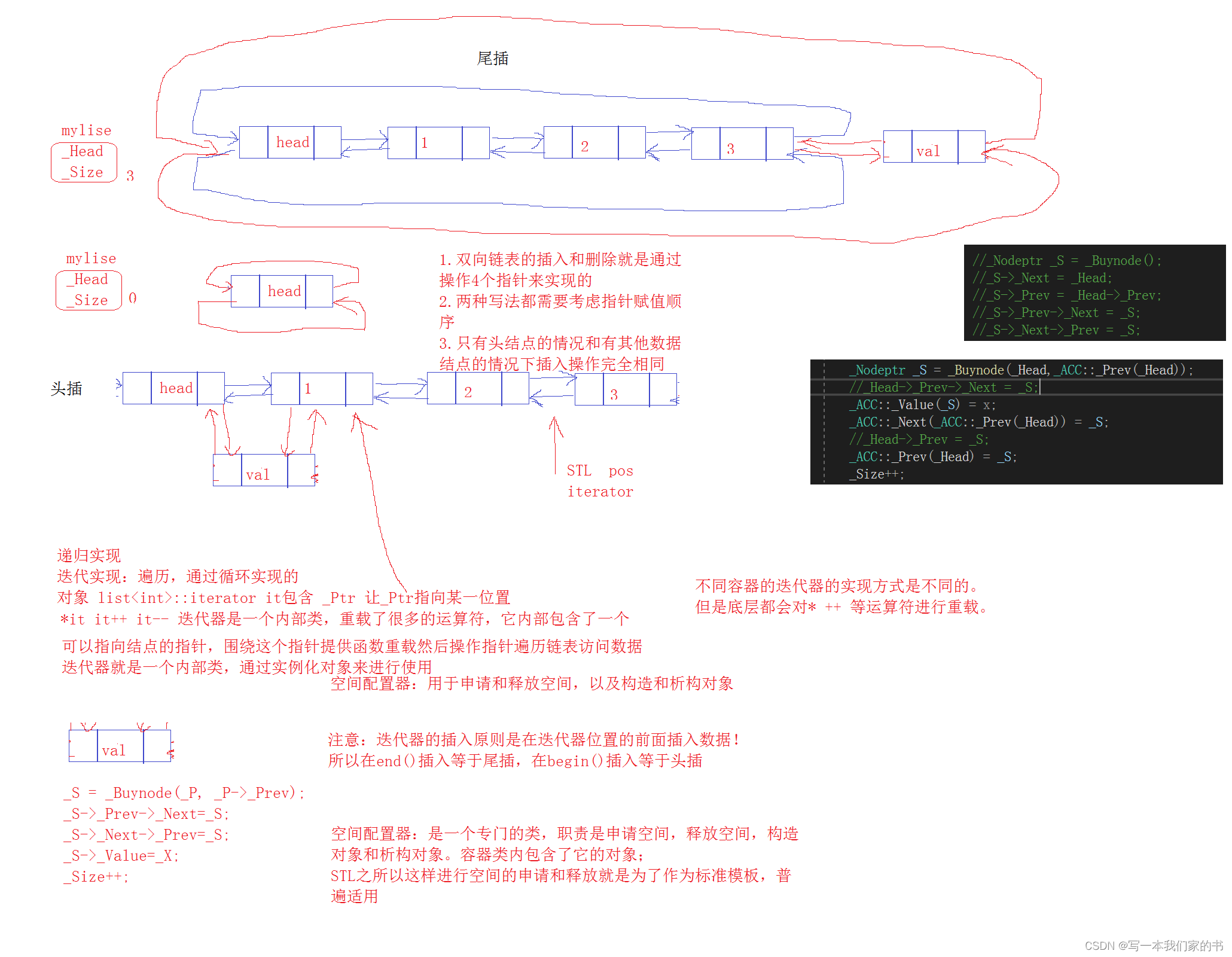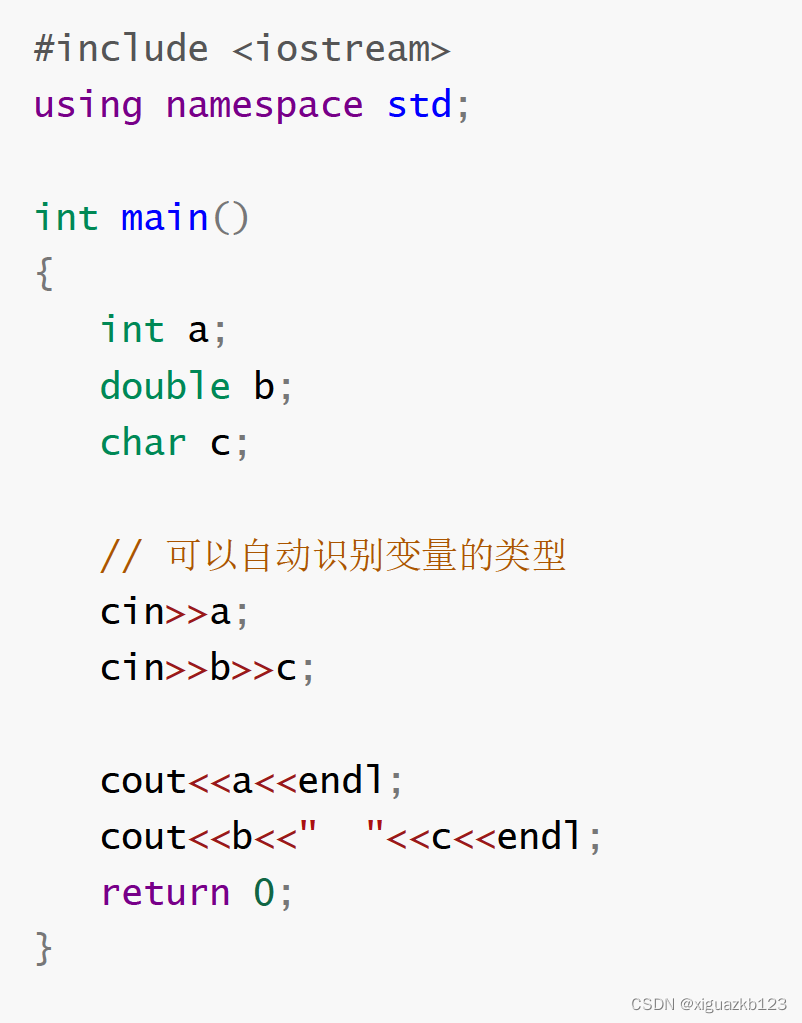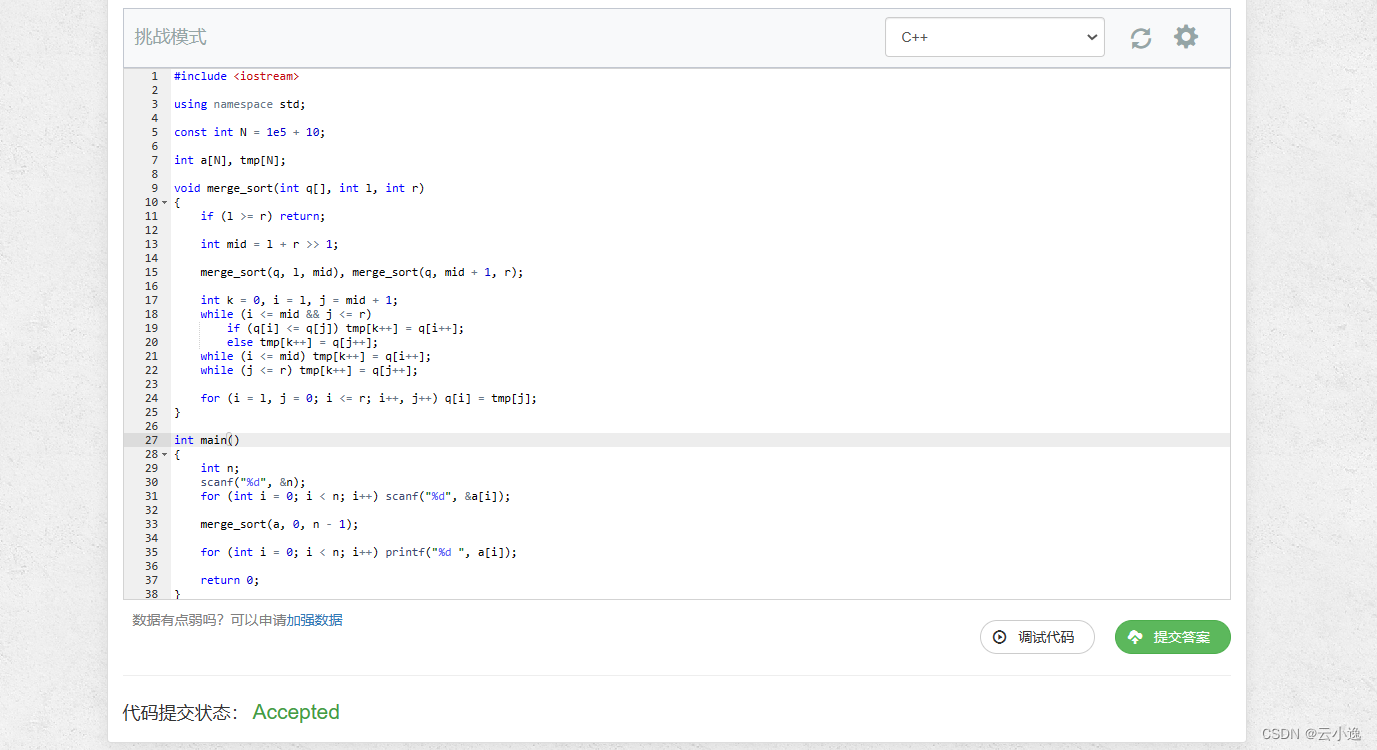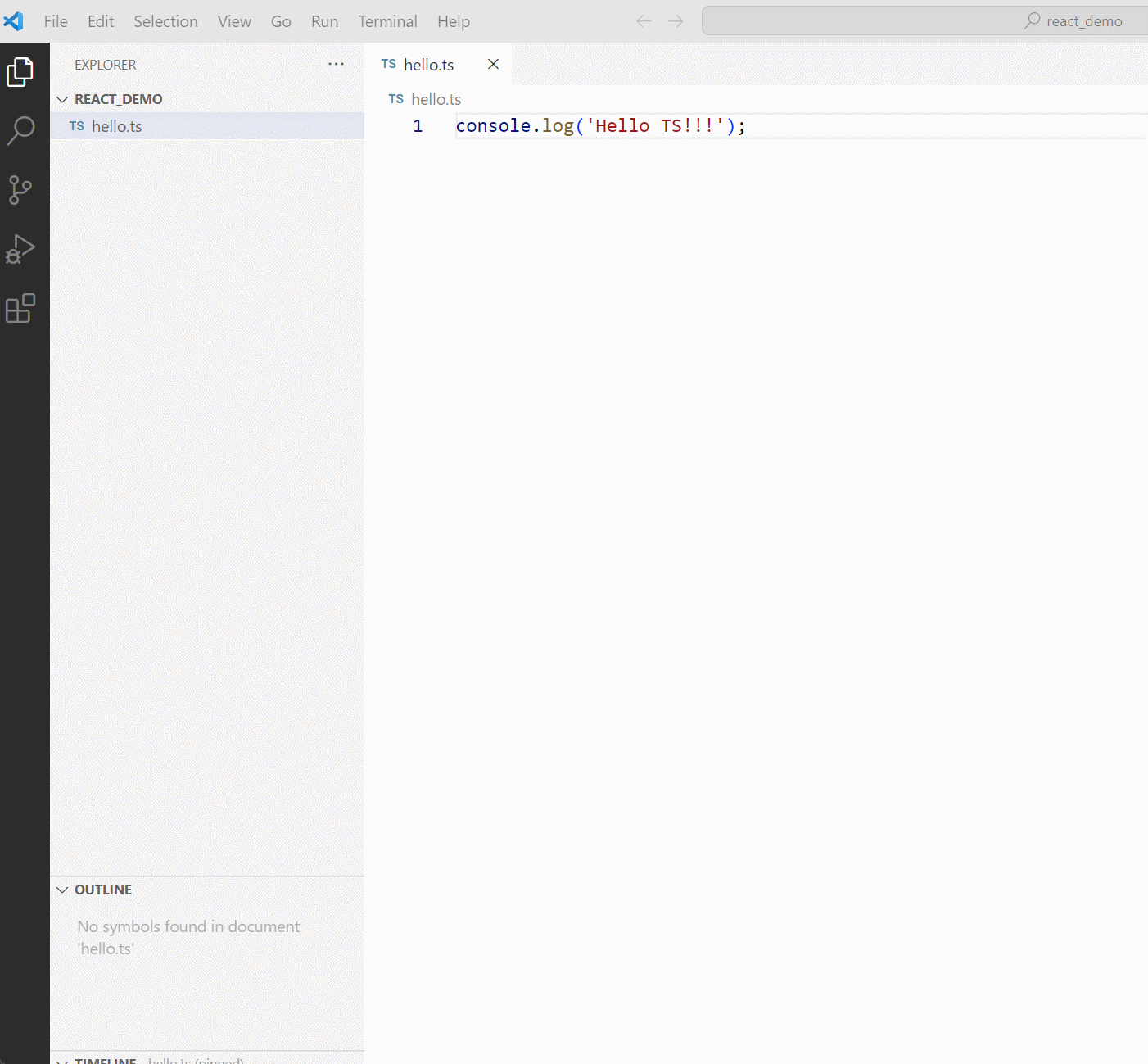STL中的list的部分实现,包括了迭代器的整体实现思想和空间配置器的部分功能。

main.cpp
//STL中的list是一个双向循环链表
#define _CRT_SECURE_NO_WARNINGS
#include<iostream>
#include"mymemory.h"
using namespace std;
class String
{
public:
String(const char* str="")
{
this->m_data = new char[strlen(str) + 1];
strcpy(this->m_data, str);
}
String(const String& s)
{
this->m_data = new char[strlen(s.m_data) + 1];
strcpy(this->m_data, s.m_data);
}
~String()
{
delete[] this->m_data;
}
private:
char* m_data;
};
namespace myList
{
template<class _Ty, class _A=my_alloctor<_Ty>>
class list
{
public:
//类型的萃取
typedef size_t size_type;
typedef _Ty value_type;
typedef _Ty* pointer_type;
typedef _Ty& reference_type;
struct _Node;
typedef _Node* _Nodeptr;
struct _Node
{
_Nodeptr _Next;
_Nodeptr _Prev;
_Ty _Value;
};
struct _ACC
{
typedef _Node*& _Nodepref;
typedef _Ty& _Vref;
static _Nodepref _Next(_Nodeptr _P)
{return _P->_Next;}
static _Nodepref _Prev(_Nodeptr _P)
{return _P->_Prev;}
static _Vref _Value(_Nodeptr _P)
{return _P->_Value;}
};
class iterator
{
public:
iterator() {}
iterator(_Nodeptr P):_Ptr(P){}
_Ty& operator*()
{
return _Ptr->_Value;//返回值而不是返回结点
}
iterator& operator++()
{
_Ptr = _Ptr->_Next;
return *this;
}
iterator& operator--()
{
_Ptr = _Ptr->_Prev;
return *this;
}
bool operator!=(const iterator& it)
{
return _Ptr != it._Ptr;
}
bool operator==(const iterator& it)
{
return _Ptr == it._Ptr;
}
_Nodeptr _Mynode()
{
return _Ptr;
}
protected:
_Nodeptr _Ptr;
};
explicit list():_Head(_Buynode()),_Size(0)
{}
explicit list(size_type _N, const _Ty& _V = _Ty()):_Head(_Buynode()),_Size(0)
{
insert(begin(), _N, _V);
}
iterator begin()
{
return iterator(_Head->_Next);
}
iterator end()
{
return iterator(_Head);//_Head->_Prev->_Next 左闭右开,双向循环链表特殊情况
}
iterator insert(iterator _P, const _Ty& _X = _Ty())//_X=_Ty()为零初始化
{
/* _Nodeptr _S = _Buynode(_P.Mynode(), _P.Mynode()->_Prev);
_S->_Prev->_Next = _S;
_S->_Next->_Prev = _S;
_S->_Value = _X;
++_Size;*/
_Nodeptr _S = _P._Mynode();
_ACC::_Prev(_S) = _Buynode(_S, _ACC::_Prev(_S));
_S = _ACC::_Prev(_S);
_ACC::_Next(_ACC::_Prev(_S)) = _S;
//_S->_Value = _X;
allocator.construct(&_ACC::_Value(_S), _X);
++_Size;
return iterator(_S);
}
void insert(iterator _P, size_type _M, const _Ty& _X)
{
for (; 0 < _M; --_M)
insert(_P, _X);
}
void insert(iterator _P, const _Ty* _F, const _Ty* _L)
{
for (; _F != _L; ++_F)
{
insert(_P, *_F);
}
}
void push_back(const _Ty& x)
{
insert(end(), x);
//_Nodeptr _S = _Buynode();
//_S->_Next = _Head;
//_S->_Prev = _Head->_Prev;
//_S->_Prev->_Next = _S;
//_S->_Next->_Prev = _S;
//_Nodeptr _S = _Buynode(_Head,_ACC::_Prev(_Head));
_Head->_Prev->_Next = _S;
//_ACC::_Value(_S) = x;
//_ACC::_Next(_ACC::_Prev(_Head)) = _S;
_Head->_Prev = _S;
//_ACC::_Prev(_Head) = _S;
//_Size++;
}
void push_front(const _Ty& x)
{
insert(begin(), x);
// _Nodeptr _S =_Buynode(_ACC::_Next(_Head), _Head);
///* _ACC::_Prev(_ACC::_Next(_Head)) = _S;
// _ACC::_Next(_Head) = _S;*/
// _ACC::_Next(_ACC::_Prev(_S)) = _S;//换着方法写,增强理解
// _ACC::_Prev(_ACC::_Next(_S)) = _S;
// _ACC::_Value(_S) = x;
// _Size++;
}
/* void show()const
{
_Nodeptr _P = _Head->_Next;
while (_P != _Head)
{
cout << _P->_Value << "-->";
_P = _P->_Next;
}
}*/
protected:
_Nodeptr _Buynode(_Nodeptr _Narg=0,_Nodeptr _Parg=0)//后继参数和前驱参数
{
//_Node* _S = (_Node*)malloc(sizeof(_Node));
_Node* _S = (_Nodeptr)allocator.charalloc(sizeof(_Node));
//_S->_Next = _Narg != 0 ? _Narg : _S;//头结点和普通节点都考虑了,比较巧妙
_ACC::_Next(_S) = _Narg != 0 ? _Narg : _S;
//_S->_Prev = _Parg != 0 ? _Parg : _S;
_ACC::_Prev(_S)= _Parg != 0 ? _Parg : _S;
return _S;
}
private:
_A allocator;//空间配置器对象
_Nodeptr _Head;
size_type _Size;
};
}
using namespace myList;
void main()
{
list<String> mylist;
String s[] = { "abc","xyz","hjk" };
mylist.push_back(s[0]);
mylist.push_back(s[1]);
mylist.push_back(s[2]);
system("pause");
}
//using namespace myList;
//void main()
//{
// list<int> mylist(10,2);
// for (list<int>::iterator it = mylist.begin(); it != mylist.end(); ++it)
// {
// cout << *it << "-->";
// }
// cout << endl;
// system("pause");
//}
//using namespace myList;
//void main()
//{
// list<int> mylist;
// mylist.push_back(1);
// mylist.push_back(2);
// mylist.push_back(3);
// mylist.push_back(4);
// mylist.push_front(5);
//
// list<int>::iterator it= mylist.begin();
// /*cout << *it << endl;
// ++it;
// cout << *it << endl;*/
//
// while (it != mylist.end())
// {
// cout << *it << "-->";
// ++it;
// }
// cout << endl;
//
// 5 1 2 3 4
// list<int>::iterator pos = mylist.begin();
// ++pos;
// ++pos;
//
// int ar[] = { 20,33,35,56,68,99,12,37 };
// int n = sizeof(ar) / sizeof(ar[0]);
//
// mylist.insert(pos,3, 100);
// mylist.insert(pos, ar, ar + n);
//
// it = mylist.begin();
// while (it != mylist.end())
// {
// cout << *it << "-->";
// ++it;
// }
// system("pause");
//}mymemory.h
template<class _Ty>
_Ty* _My_Allocate(size_t _N, _Ty*)
{
if (_N < 0)
_N = 0;
return((_Ty*)operator new(_N * sizeof(_Ty)));
}
template<class _T1, class _T2>
void _My_Construct(_T1* _P, const _T2& _V)
{
new((void*)_P) _T1(_V);//定位new
}
template<class _Ty>
void _Destroy(_Ty* _P)
{
_P->~_Ty();
}
//空间配置器
template<class _Ty>
class my_alloctor
{
public:
//申请空间
_Ty* allocte(size_t _N, const void*)
{
return (_My_Allocate(_N, (_Ty*)0));
}
//申请字节空间
char* charalloc(size_t _N)
{
return (_My_Allocate(_N, (char*)0));
}
//释放空间
void deallocate(void* _P, size_t)
{
operator delete(_P);
}
//构造对象
void construct(_Ty* _P, const _Ty& _V)
{
_My_Construct(_P, _V);
}
//析构对象
void destory(_Ty* _P)
{
_Destory(_P);
}
};

















![[python入门㊺] - 异常中的finally](https://img-blog.csdnimg.cn/b17f10e975de4e8b9fe0cd64604e6a6f.png)
